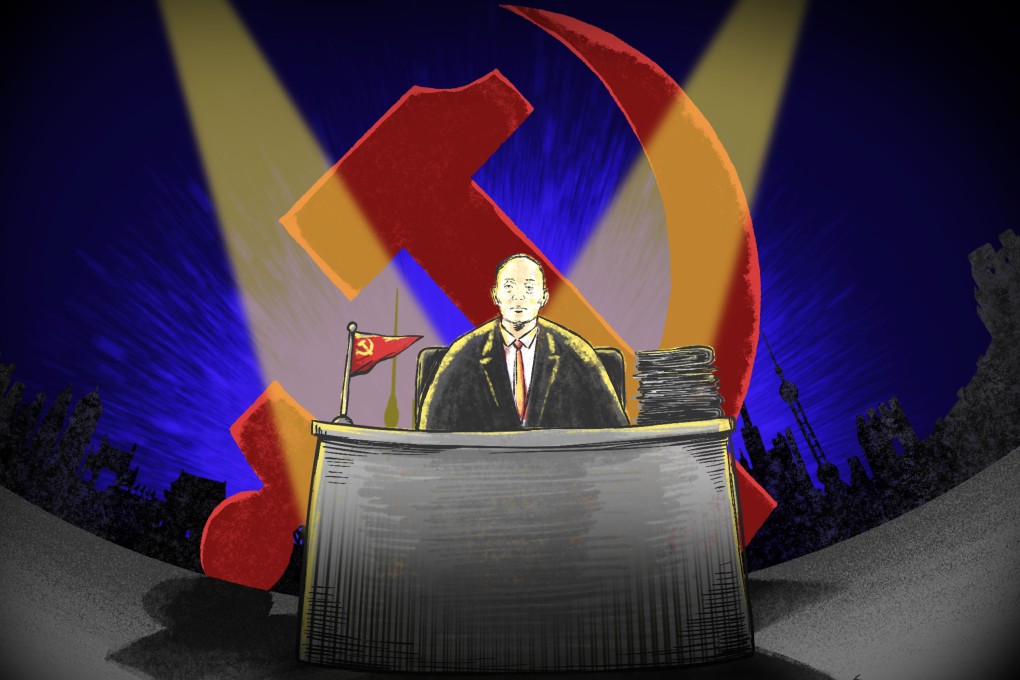Xi Jinping’s inner circle is getting ‘even tighter’ with powerful new chief of staff
- Cai Qi is the most senior official in the job since the time of Mao Zedong, and the office he heads wields a great deal of influence
- His ties to Xi go back to the early 1990s, and the promotion reflects the Chinese leader’s views on centralisation of power, observer says

Cai Qi, director of what is officially known as the General Office of the Communist Party Central Committee – one of the most powerful offices in China – is the highest-ranked official to head the office since the time of Mao Zedong.
The office wields a great deal of influence because it is responsible for arranging the paperwork, meetings and personal security of the country’s top leaders. But, located far from the public eye inside the Zhongnanhai leadership compound, it is also one of the party’s most secretive organs.
One of the rare moments it emerges from the shadows is during domestic and international trips by the general secretary, when its director watches the leader’s back.
Three decades ago, Xi hailed the office as the “brains trust” of the senior leadership, and Cai’s appointment has given it its highest-ranking head in more than 40 years because he is also the party’s fifth-ranked official and its ideology chief.
